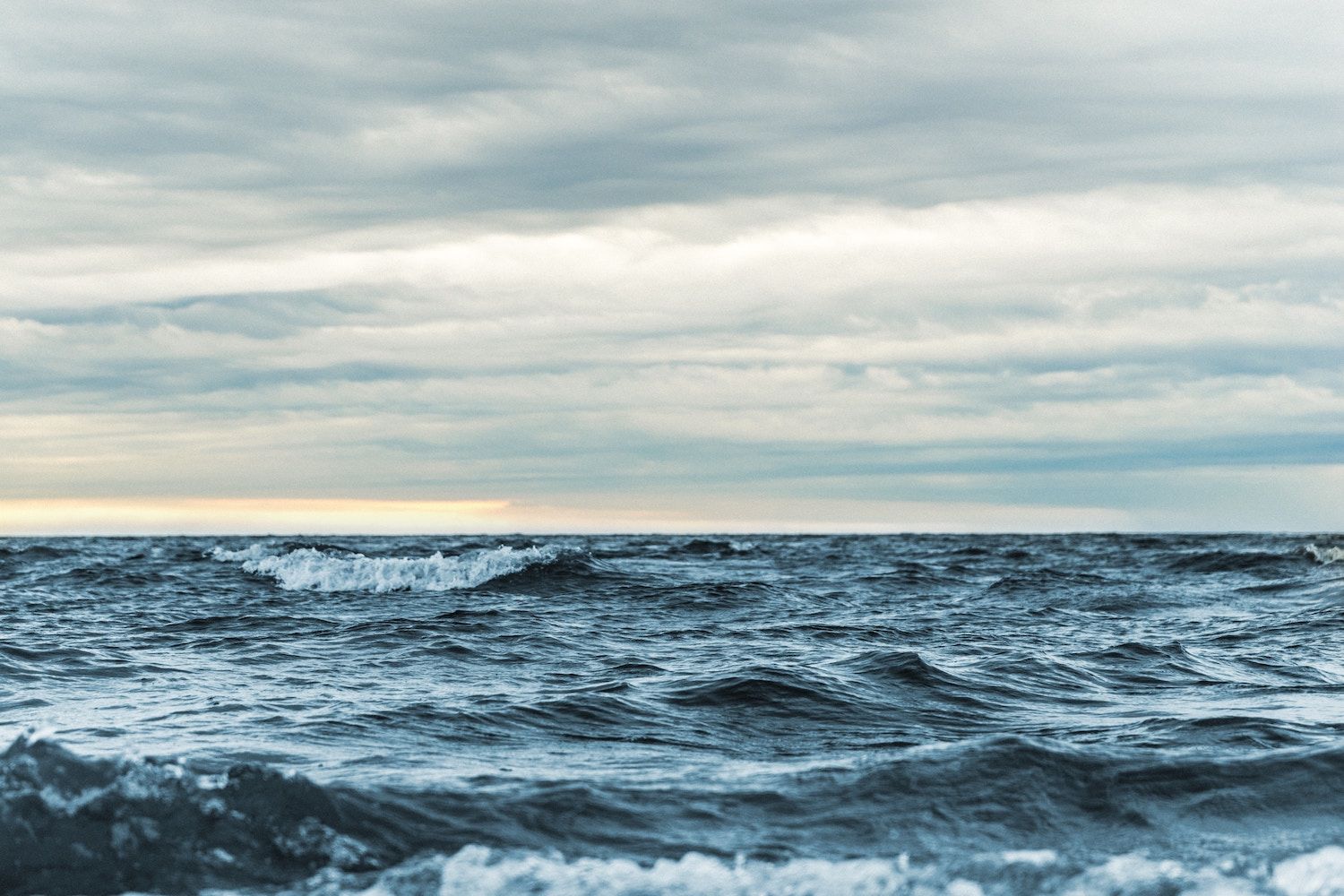The Ocean
An analogy for life.

Life is an ocean we are dropped into. It is for each of us to decide where to swim.
At birth we imitate because we need to; we are much too young to know how to swim by ourselves and cannot understand where to swim to in the vast ocean.
At a critical age we’ll recognize that we do have the capacity to swim, that all at once it will seem as if the world has awakened and we have seen ourselves and where we must go, but this is only the beginning —and there are lurking depths and unknown places we have not fathomed about yet.
The ocean is inherently expansive, the limits are endless for an individual, though maybe not for the populace as a whole, yet it is the individual that must battle this expanse.
People feel pain when they are drowning, when the terrain and climate, the nature of the water, is not suiting to their ability and/or temperament. Some people in pursuit of depths run the risk of drowning and some do drown, but those people are not often talked about.
Not all forms of drowning are bad. Sometimes almost drowning is necessary in order to challenge the reserves of survival as well as to glimpse at new ways to swim or else new places to go. The difficulty is remembered because of the pain its caused and serves as a constant reminder of a location to return to later.
If we swim in all the different directions, we end up going nowhere, we only tire ourselves out.
To choose a direction to swim in is a matter of personal choice.
Navigating the ocean is difficult, so sometimes we read. Since what we read is always in the past, it is may be describing different terrains and climates that no longer exist.
New books may over-exaggerate or embellish findings for the purpose of fame and recognition because these people are still alive.
Old books that remain present have merit, of some quality, since their authors are dead and cannot promote their work. This quality is not necessarily truthful nor good nor accurate, only that it has a quality can be said.
Ultimately all books must be reasoned with and tested by personal swimming and sight-seeing in order to ascertain their use to the individual.
While swimming, there are people who will judge you. In one sense, it is not important to worry, in another sense, what the other person is saying may be valuable for you to hear.
Some people will try to convince other people to follow them and they will give reasons because otherwise they will not be convincing, but these reasons are not always what their real reasons are. One should think a little bit before joining a crowd and not be afraid to leave it.
People like joining crowds because then they don’t need to worry about where to swim. If a person doesn’t swim, they will drown, and it’s very difficult to decide where to swim while also swimming.
It’s sometimes useful to stop swimming and risk drowning in order to give yourself time to think about where you want to swim. It will be painful, but if you survive, you’ll be able to swim with clarity instead of in circles or behind other people.
People like swimming to new locations, but to do this requires improving your ability to swim in more difficult terrains and climates so you do not have to return to the same places you’ve always been because of a lack of ability.
I don’t always like swimming, but neither do I like drowning, so I remind myself that I prefer swimming.
To swim well is as much through practice as it is an art.